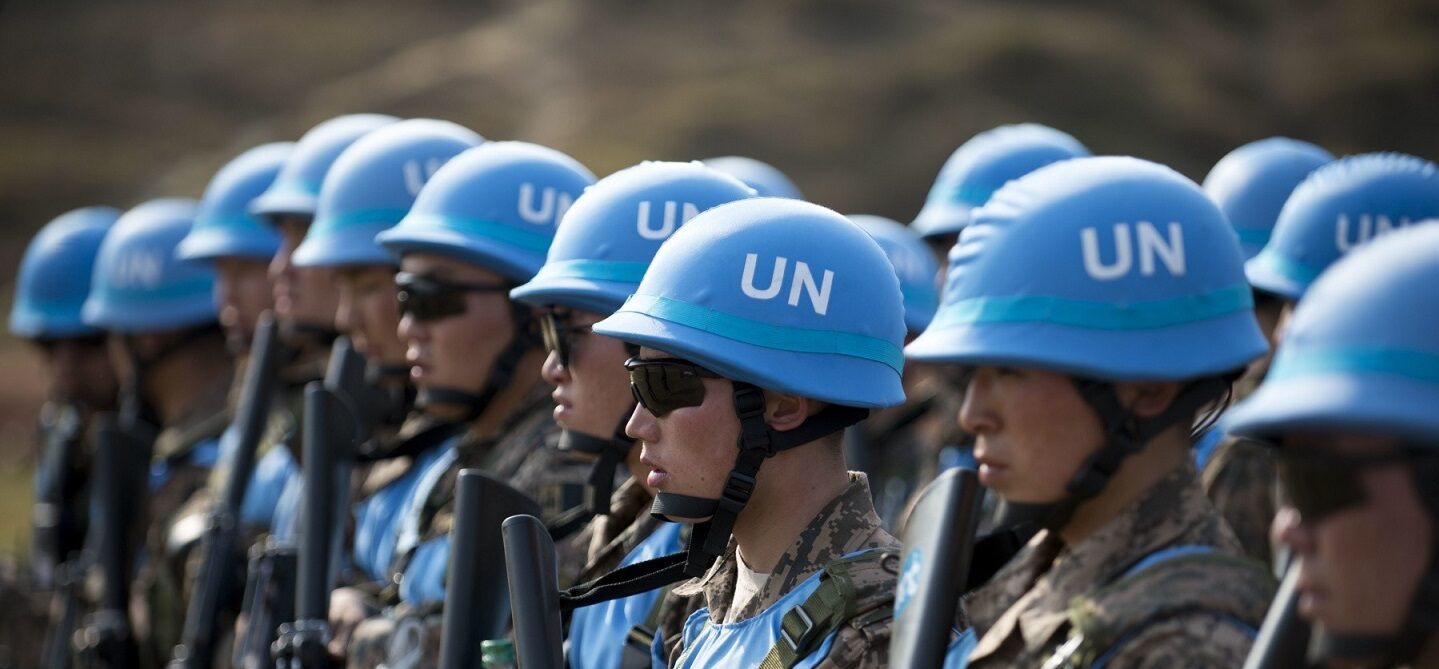PL SC 503
Multivariate Analysis for Political Research
Professor Christopher Zorn
This is the second (full) course in quantitative methods in Penn State’s political science Ph.D. program. The course introduces students to regression-type models for the analysis of quantitative data, and provides a basis of knowledge for more advanced statistical methods. The course assumes basic math literacy, including familiarity with probability theory, properties of estimators, rudimentary calculus, and linear algebra. The bulk of the course will focus on general models of the form Y = f(XB) + e, and will include discussions of the mathematical bases for such models, their estimation and interpretation, model assumptions and techniques for addressing violations of those assumptions, and topics related to model specification and functional forms. Under this general framework, we will also provide a very brief overview of regression models for binary, ordered, unordered, and event count variables.
Tuesdays & Thursdays, 1:00 – 2:30 p.m.
301 Bouche Building
**********************************************************************************
PL SC 505
Time Series Analysis in Political Science
Professor Suzanna Linn
“This course studies statistical techniques used to analyze social processes occurring through time. The course introduces students to time series methods and to the applications of these methods in political science. Among the topics to be covered are: measurement of time series, calculus of finite differences and other estimation techniques, ARMA models, Granger causality and vector autoregression, unit root tests, near-integration, fractional integration, cointegration, error correction models and time series regression. We learn not only how to construct these models but also how to use time series models in social science analyses. The focus of the class will be on doing time series analysis, but we will spend a lot of time on the underlying theoretical basis for applied work. Students are expected to have a firm grounding in probability and regression analysis and to bring to the course some interesting questions about the dynamics of political processes. Students are encouraged to use their own data for homework assignments; it is much more satisfying to work with data related to a research problem that you care about!”
Wednesdays, 1:30 – 4:30 p.m.
236 Pond Lab
**********************************************************************************
PL SC 508
Social and Political Network Analytics
Professor Bruce Desmarais
A network is a set of relationships among units. The study of networks in political science, the social sciences, and beyond has grown rapidly in recent years. This course is a comprehensive introduction to methods for analyzing network data. We will cover network data collection and management, the formulation and expression of network theory, network visualization and description; and methods for statistical inference with networks. The course will make extensive use of real-world applications—primarily in political science—and students will gain a thorough background in the use of network analytic software. Though most of the applications will be drawn from political science, and we will prioritize methods that are common in political networks research, this course will be relevant to anyone interested in the study of network data.
Mondays, 9:00 a.m. – 12:00 p.m.
160 Willard Building
**********************************************************************************
PLSC 511
Professional Norms in Political Science
Professor Vineeta Yadav
This course has three main related goals. The first is to help you get the most out of your graduate school experience. The second is to help prepare you for becoming an academic by improving your understanding of the profession. The third is to prepare you to be an effective and engaged teacher. To accomplish these goals, we will discuss how to make the most of the graduate school experience to make your job portfolio is as strong as it can be. We will learn how to be an effective teacher and mentor inside and outside of the classroom by developing effective syllabi, preparing to teach diverse student populations, and tailoring class sections to meet student needs. Other topics will include diversity in the profession, strategies for effective conference attendance, and the responsible conduct of research.
Students will be expected to attend each and every session, participate in seminar discussions, and complete weekly assignments. Grading for the course will be pass/fail.
Note: You should enroll in this course if you are entering the second semester of your first year. This is a required, 1.5 credit course.
Tuesdays, 3:05 p.m. – 4:35 p.m.
236 Pond Lab
**********************************************************************************
PLSC 534
Political Economy of Extractive Industries (Oil and Mining) in Africa
Professor Kidane Mengisteab
Extractive industries have expanded notably in many African countries since the mid-1980s. They also have made significant contributions to economic growth in a number of African countries. It is, however, highly debatable if the extractive industries have served as engines for economic diversification, poverty reduction, or sustainable growth in much of the continent. Extractive industries have also often generated a host of problems, including environmental degradation, conflicts, and poverty. This seminar aims to examine the impacts and implications of the expansion of extractive industries, oil and mining in particular to Africa’s sustainable socioeconomic development. Among key questions the seminar grapples with are the following:
- What is Africa’s mining Vision? Are Extractive industries in Africa meeting the goals set by the African Union?
- Do extractive industries contribute to poverty-creation or poverty-reduction in African countries? What innovative arrangements can be devised to make the industry instrumental in poverty alleviation?
- Why are extractive industries infested by national and international corruption?
- What industry codes and regulations would alleviate the environmental disasters that characterize much of the industry in Africa?
- What problems are associated with artisanal mining in Africa and what innovative policy measures can address such problems?
- Does the industry contribute to social unrest and conflicts in Africa and why? What policies would address such problems effectively?
- What measures can be undertaken to integrate the industry, which often operates as an enclave, with the rest of the economies of African countries?
- Does the industry promote external intervention and how does it impact Africa’s international relations?
Wednesdays, 9:00 a.m. – 12:00 p.m.
004 Huck Life Sciences Building
**********************************************************************************
PLSC 567
Terrorism
Professor James Piazza
This course is a survey of the current Political Science literature on terrorism with a particular focus on the root causes of domestic and transnational terrorism, relationships between political institutions and terrorism and the international relations dimension of terrorism and counterterrorism policy. The course focuses in particular on the burgeoning quantitative terrorism literature.
Thursdays, 9:00 a.m. – 12:00 p.m.
009 Business Building
**********************************************************************************
PLSC 583
Social Philosophy and Critique: Methods and Themes
Professor John Christman
Critical social philosophy and political theory typically focus either on individual behavior (ethics) or institutions (political philosophy). An important additional line of inquiry is and should be social practices – patterns of behavior and interpersonal interaction that shape identity and human interaction. Hence, critical social theory must look systematically at empirical and interpretive work on contextualized social life in order to construct a fully informed normative framework. Hence, work in the social sciences, including but going beyond the straightforwardly empirical work in such fields, becomes immediately relevant to critical political theory. Moreover, such attention to social science must go beyond the often studied fields of psychology, economics and (empirical) political science, to work in sociology and cultural studies.
With this in mind, this course will look at major 19th and 20th century sociologists and social critics as part of an interrogation of the relation between the empirical and interpretive study of society and normative political theory. We will examine the work of such thinkers as Durkheim, Weber, Addams, DuBois, Simmel, Giddens, Bourdieu, Krenshaw, Hill Collins and others as part of an inquiry into the nature of critical social theory. The class, in essence, will be asking two questions: one methodological – what is the relation between the (more or less) empirical study of social practices and institutions and the construction of critical social theory; and the other thematic – what are the major themes concerning the nature of the self, the relation between the social and the political, the nature of social identity, and the dynamics of oppression that arise in this work.
Tuesdays, 2:30 p.m. – 5:30 p.m.
119 Thomas Building
**********************************************************************************
PLSC 597.001
Contentious Politics
Professor Cyanne Loyle
Contentious politics is one of the core sub-fields of political science, encompassing International Relations, Comparative Politics, and American Politics. This course presents an introduction to contentious politics through a survey of the main concepts, theoretical debates, and methodological approaches in the sub-field. Readings have been divided thematically around key concepts and topics of study. Broad themes that will guide this course include: Power and resistance to power, why men (and women) rebel, and the logics of political organization, collective action and political violence.
Mondays, 1:00 p.m. – 4:00 p.m.
322 Sackett Building
**********************************************************************************
SoDA 501
Big Social Data: Approaches and Issue
Professor Burt Monroe
Interdisciplinary integration of computational, informational, statistical, visual analytic, and social scientific approaches to the creation of big social data. This course addresses computational, informational, statistical, visual analytic, and social scientific approaches to the creation of data that are both “social” (about, or arising from, human interactions) and big (of sufficient scale, variety, or complexity to strain the informational, computational, or cognitive limits of conventional social scientific approaches to data collection or analysis). Examples include text, image, audio, video, intensive spatial and/or longitudinal data, data with complex network, hierarchical and/or other relational information, data from distributed sensors and mobile devices, digitized archival data, and data exhaust from sources like social media. Possible topics include sources of social data, data structures and formats for social data, data collection and manipulation technologies, data linkage and alignment, ethics and scientific responsibility in human subjects research, experimental and observational data collection design for causal inference, measurement of latent social concepts, reliability and validity, search and information retrieval, nonrelational and distributed databases, and standards for data preservation and sharing.
Tuesdays, 1:00 p.m. – 4:00 p.m.
B001 Sparks Building (Data Basement)


